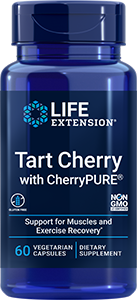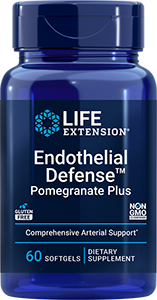
Newsletter
Newsletter
Study Finds No Increase In Cancer In Association With Testosterone Replacement Therapy
Study finds no increase in cancer in association with testosterone replacement therapy
Tuesday, June 4, 2013. A study reported at the American Urological Association's meeting held this year in San Diego found that men who used testosterone replacement therapy (TRT) had a similar risk of developing cancer in comparison with those who did not use the hormone. "Given that some cancers are androgen dependent, there is concern that testosterone replacement therapy will increase a man's risk of developing cancer," Michael L. Eisenberg, MD of Baylor College of Medicine in Houston and his associates write. "To date there are no long term, prospective studies which evaluate the incidence of cancer in men on testosterone supplementation." The study included 786 men who had data available concerning their serum testosterone levels. The subjects' age averaged 46.8 years upon initiation of testosterone therapy or at the first office visit recorded in the researchers' database. Three hundred ninety-seven men were receiving testosterone replacement. Texas Cancer Registry data revealed cancer diagnoses for 6.8% of the men using testosterone and 8.1% of nonusers over an 8.7 year average period. After adjustment for age and year of evaluation, no significant difference in cancer risk was observed between the two groups. Limiting the analysis to men with more than ten years of follow-up or to those over the age of 60 did not essentially change the finding. When the men that comprised this study were compared with the general Texas population, the risk of developing prostate cancer was significantly lower among testosterone replacement therapy users than among nonusers. "There appears to be no change in overall cancer risk for men utilizing long term testosterone replacement therapy," the authors conclude. "There may be a decrease in prostate cancer risk for men on TRT." |
||||||||||||||||
 |
||||||||||||||||
|
||||||||||||||||
|
||||||||||||||||
 |
||||||||||||||||
|
||||||||||||||||
CherryPURE® is a registered trademark of Shoreline Fruit, LLC. |
||||||||||||||||
The latest news on aging, nutrition, and vitamins
Lab
Testing
How Life Extension lab testing works









